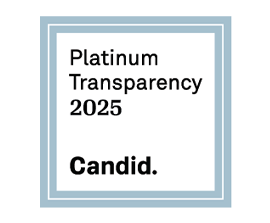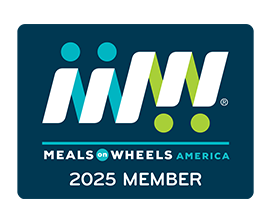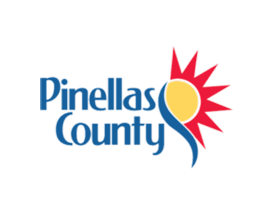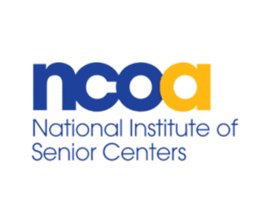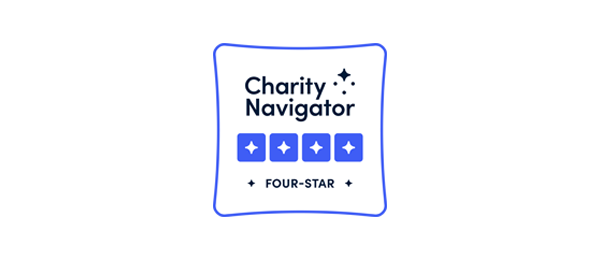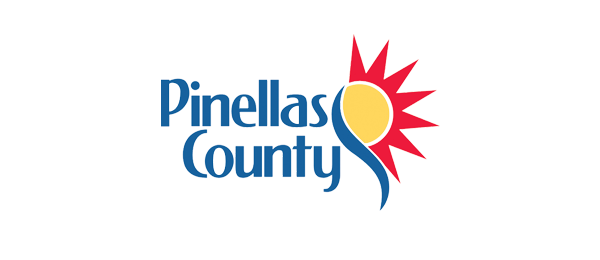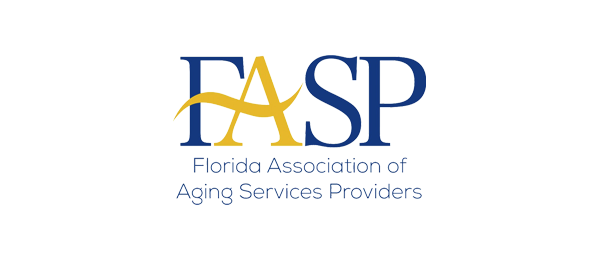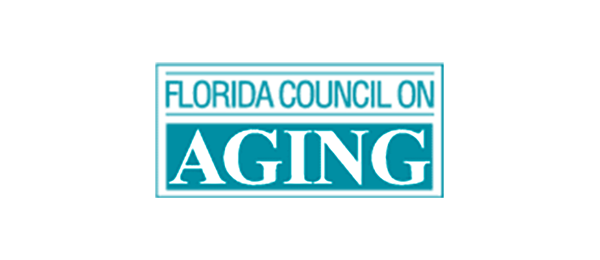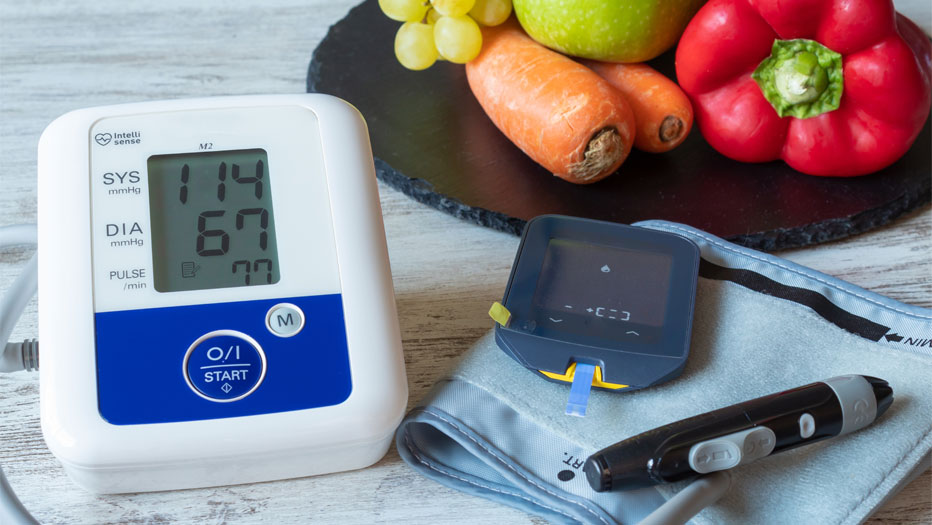
Control High Blood Pressure Naturally with These Life-Saving Tips!
Vivian Pares-Emerick, RDN, LDN
Sophia Mejia, Dietetic Intern, Keiser University.
Anita Frankhauser, MS, RDN, LDN
High blood pressure, also known as hypertension, is a serious condition that affects millions of people worldwide. Often referred to as “The Silent Killer,” it typically has no symptoms, yet can lead to life-threatening complications such as heart attacks and strokes. For those aged 30 and older, keeping an eye on blood pressure levels is crucial for maintaining long-term health and preventing serious issues. But don’t worry—managing high blood pressure is achievable through simple lifestyle changes. Here’s what you need to know to take control and protect your health.
What Is High Blood Pressure?
Blood pressure measures the force of blood pushing against the walls of your arteries as your heart pumps blood through your body. When this pressure stays too high for too long, it can cause damage to your arteries and other vital organs, including your heart, brain, kidneys, and eyes.
A normal blood pressure reading is less than 120/80 mm Hg. If your readings are consistently higher, such as 130/80 mm Hg or more, you may have high blood pressure. However, many people with hypertension don’t experience any symptoms, which is why it’s so important to get regular checkups, even if you feel fine.
Why Managing Blood Pressure Matters
Uncontrolled high blood pressure can increase your risk of serious health problems. The longer you wait to address it, the more damage it can cause. This condition is linked to heart disease, stroke, kidney disease, and even vision problems. Taking steps to lower your blood pressure can help you live a longer, healthier life. It’s never too early to start managing your health!
Tips to Lower Your Blood Pressure Naturally
The good news is that you can lower your blood pressure with a few simple lifestyle adjustments. Here are some practical, science-backed tips to help you manage hypertension:
- Follow a Healthy Eating Plan
Eating a well-balanced diet is one of the best things you can do for your blood pressure. Focus on foods rich in nutrients like fruits, vegetables, whole grains, and lean proteins. These foods help regulate your blood pressure and contribute to overall health.The DASH eating plan (Dietary Approaches to Stop Hypertension) is a great starting point. This eating plan emphasizes foods low in sodium and high in essential nutrients like potassium, magnesium, and calcium, which help control blood pressure. DASH encourages you to eat more vegetables, fruits, whole grains, and lean meats while reducing salt, sugar, and saturated fats. - Limit Your Salt Intake
Salt is one of the biggest contributors to high blood pressure. Most of our salt comes from processed foods like canned soups, snacks, and fast foods. Focus on eating “real” foods—whole, unprocessed foods you cook at home. Choosing a Neighborly meal, whether from Meals on Wheels or our Senior Café, will help ensure you’re getting real foods into your diet.When making meals, consider swapping out salt for flavorful citrus, herbs, and spices such as lemon, lime, garlic, basil, turmeric, or cinnamon. These spices can add a punch of flavor without raising your sodium intake.A simple trick to check your salt intake is to read nutrition labels. A food item is considered low in sodium if it contains 5% or less of the daily recommended value of sodium per serving and high if it contains 20% or more. - Exercise Regularly
Exercise is a powerful tool in managing high blood pressure. Moving your body helps your heart become stronger and pump blood more efficiently, which can reduce pressure on your arteries. Aim for at least 30 minutes of moderate exercise most days of the week. This can include chair exercise, walking, cycling, swimming, or even dancing, gardening, or cleaning—whatever keeps you active and engaged.You don’t need to run marathons to see the benefits; even small amounts of daily physical activity can make a big difference. If you’re just starting out, take it slow and gradually increase the intensity of your workouts. - Maintain a Healthy Weight
Carrying extra weight can strain your heart, making it harder to pump blood efficiently and increasing your blood pressure. Losing even a small amount of weight—5 to 10% of your body weight—can significantly lower your blood pressure and improve your overall health.If weight loss is a goal, start by making small, sustainable changes to your diet and exercise routine. Every little bit helps, and consistency is vital. - Manage Stress Effectively
Chronic stress can lead to elevated blood pressure. While avoiding stress completely is impossible, finding healthy ways to manage it can protect your heart. Activities like yoga, meditation, deep breathing exercises, and even time in nature can help lower your stress levels and keep your blood pressure in check.Additionally, getting enough high-quality sleep is essential for stress management. Aim for 7 to 9 hours of sleep each night to help your body recover and function at its best. - Quit Smoking and Limit Alcohol
Smoking causes your blood vessels to narrow, which increases your blood pressure and damages your arteries. If you smoke, quitting is one of the most important steps you can take for your heart health.Similarly, drinking too much alcohol can raise your blood pressure. Men should limit themselves to two drinks daily, and women should have no more than one. Cutting back on alcohol can lower your blood pressure and improve your overall health.
Know Your Numbers: Why Regular Blood Pressure Checks Are Important
Since high blood pressure usually has no symptoms, it’s important to monitor it regularly, either at your doctor’s office or at home with a reliable blood pressure monitor. This will help you keep track of your progress and alert you to any changes.
You should aim for regular checkups, especially if you are over 30 or have other risk factors, such as a family history of hypertension, being overweight, or having diabetes. The sooner you detect any issues, the sooner you can take action.
The Role of Your Dietitian
Your dietitian can be a valuable resource if you’re unsure where to start or need help creating a personalized plan. Dietitians can provide expert guidance on nutrition, meal planning, and other lifestyle changes to help you lower your blood pressure.
For instance, if you’re struggling to cut down on salt or find time to exercise, your dietitian can help you develop practical strategies to make these changes easier. They can also monitor your progress and offer support along the way.
At Neighborly, our dietitians are ready to help you meet your goals and improve your health. Don’t hesitate to reach out if you need assistance on your journey to lower blood pressure. Book your complimentary consultation today.
Take Control of Your Health Today
High blood pressure is a serious condition, but with the right lifestyle changes, you can manage it effectively and improve your overall health. By eating a healthy diet, staying active, managing stress, and monitoring your blood pressure, you can take charge of your heart health and live a longer, healthier life.
Remember, it’s never too late to start making healthier choices. Whether you’re looking to prevent high blood pressure or manage it, small steps can lead to big improvements. So, take control of your health today and start working toward a better, healthier future.
Visit us at a Senior Café or Adult Day Center! We have a wholesome lunch daily and activities like exercise to help your heart.
For more information or personalized guidance, contact your Neighborly dietitian at 727-573-9444 or nutrition@neighborly.org
Publication: The Surgeon General’s Call to Action to Control Hypertension
At Neighborly, Caring is at the Center of All We Do.










